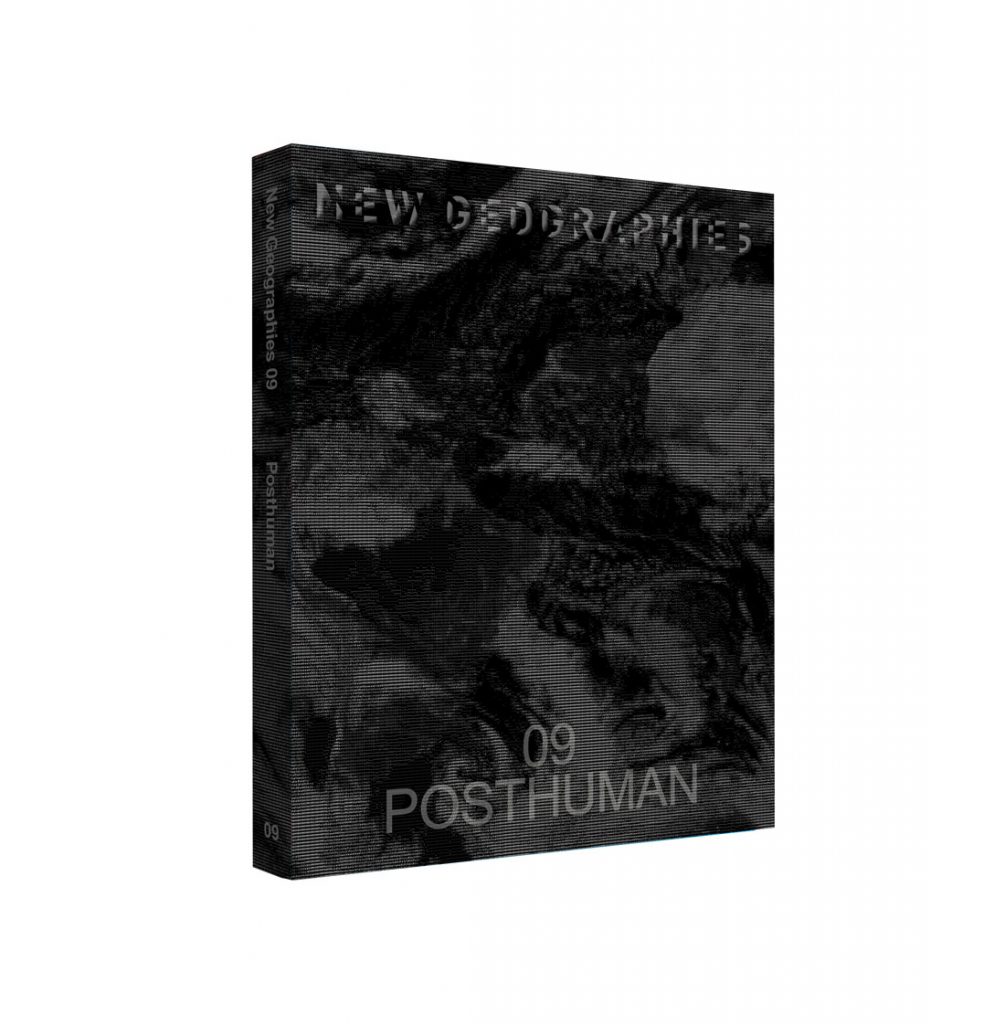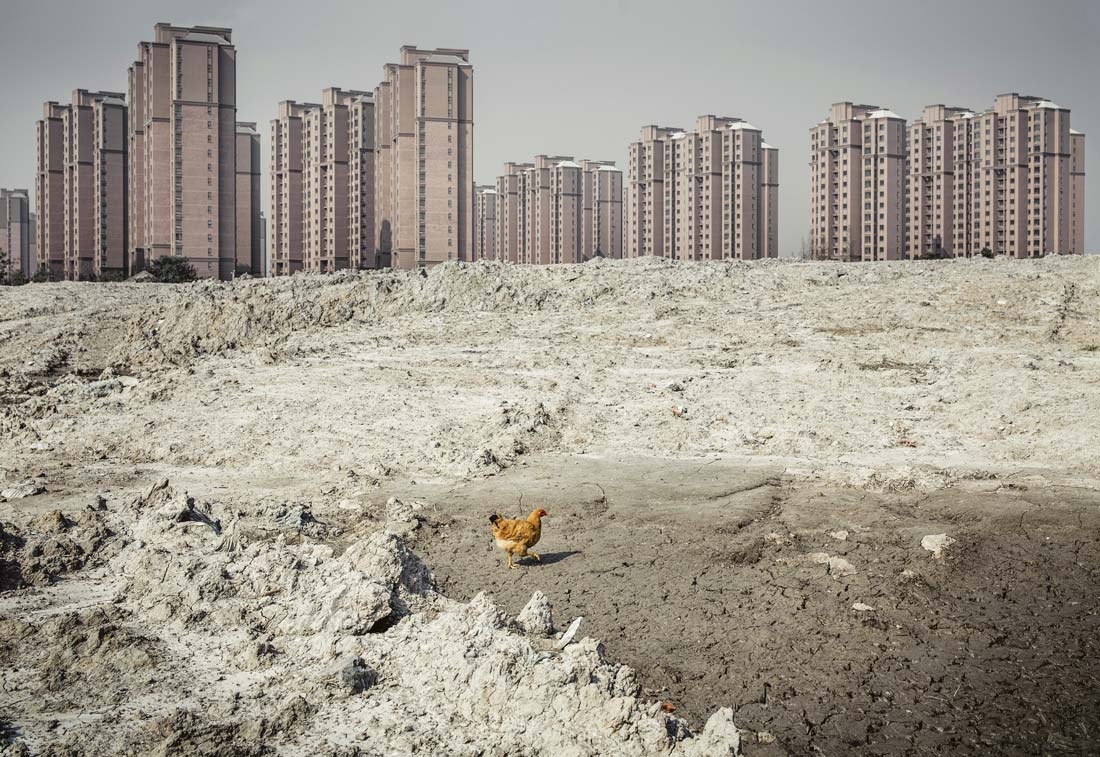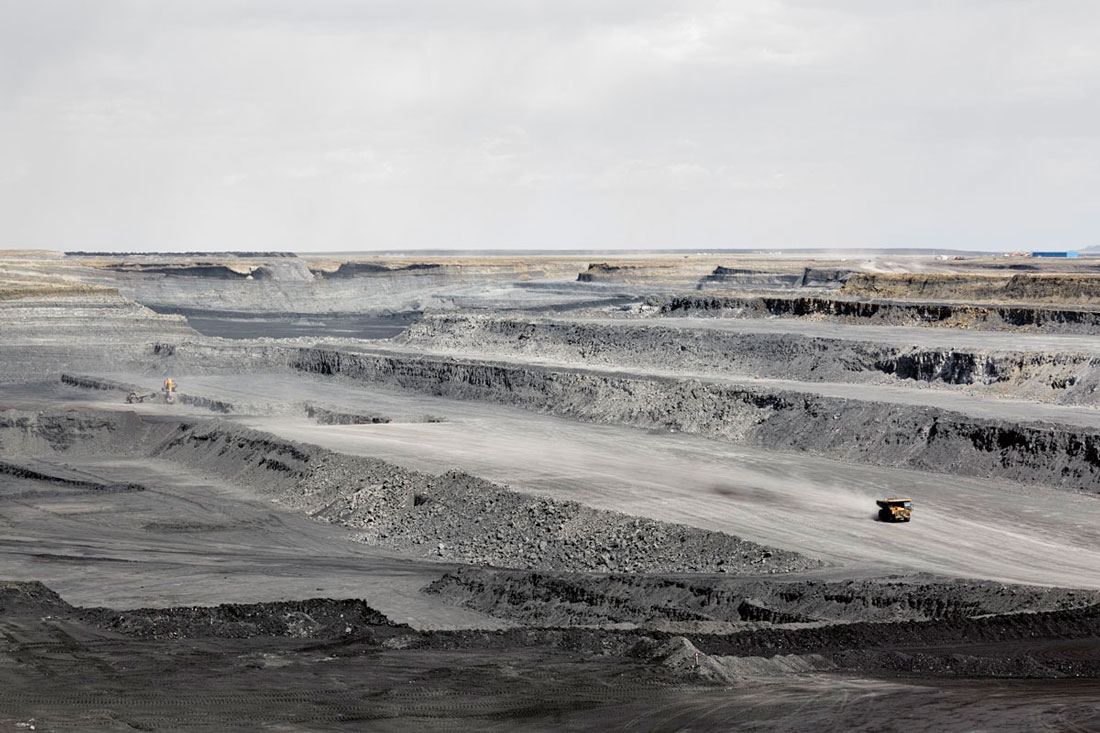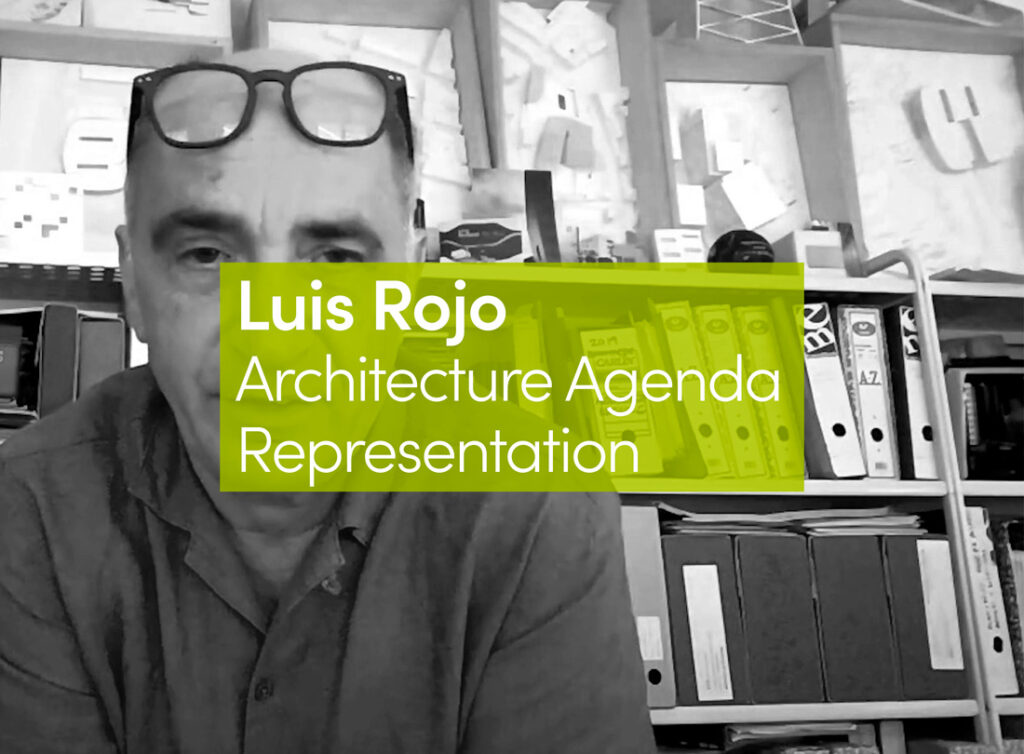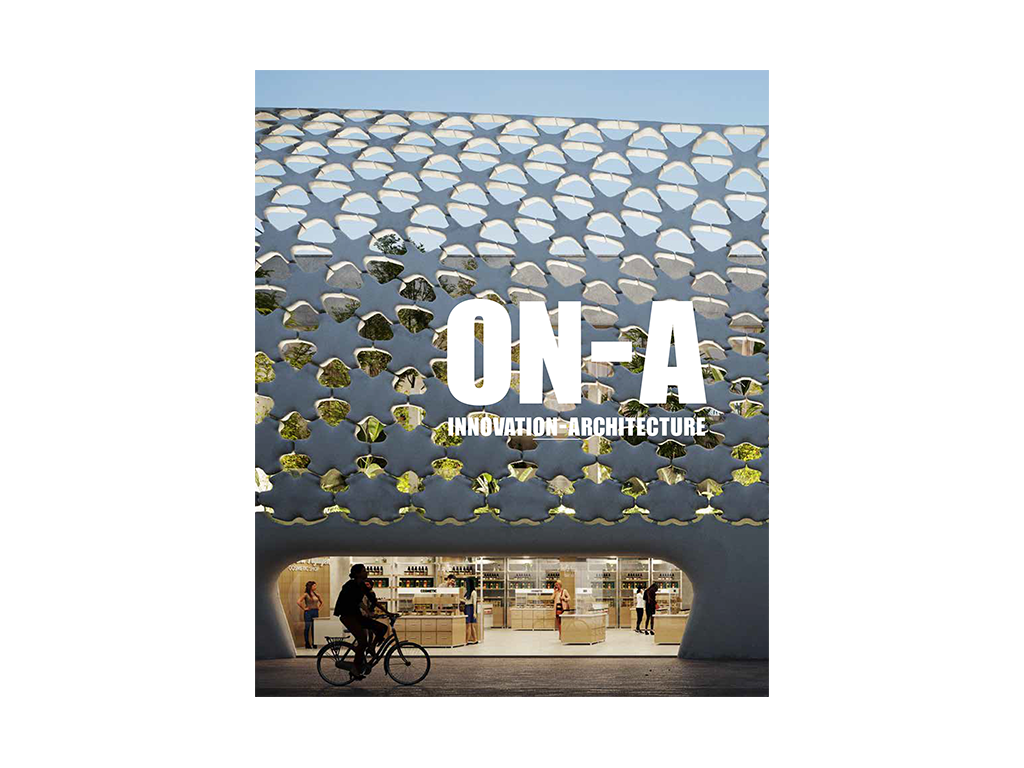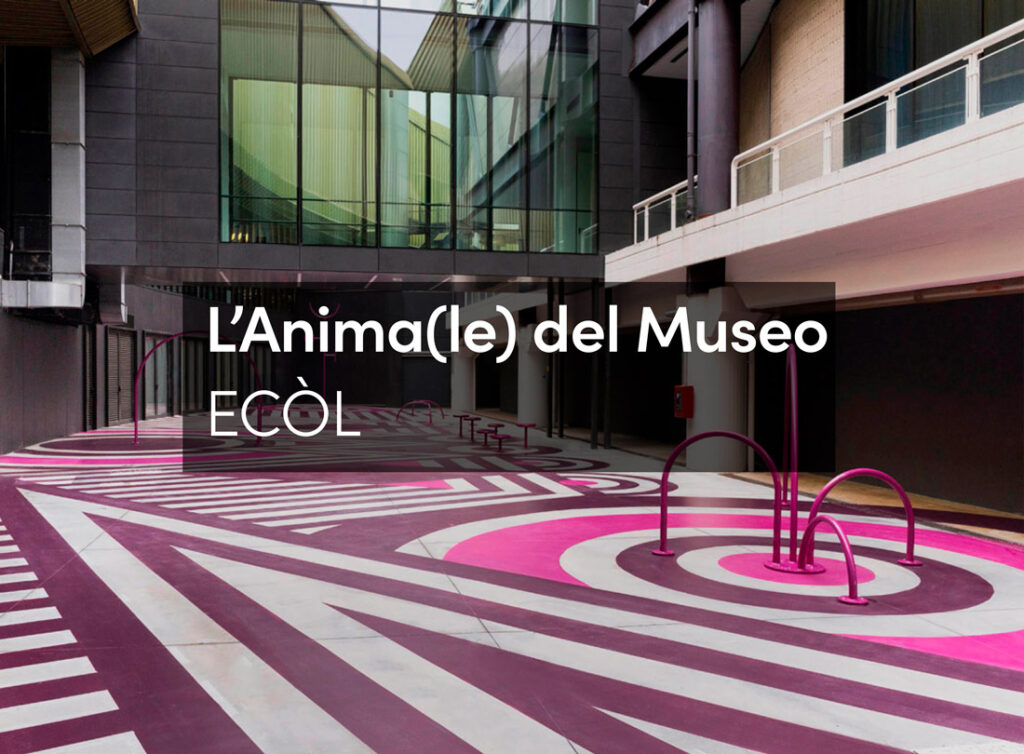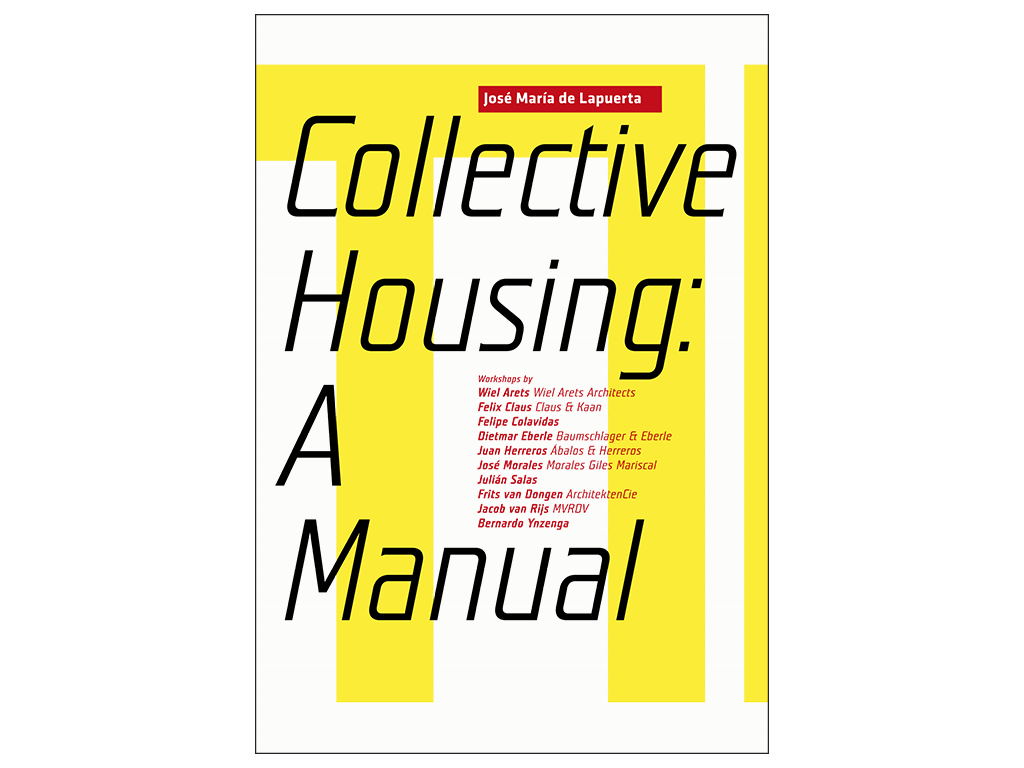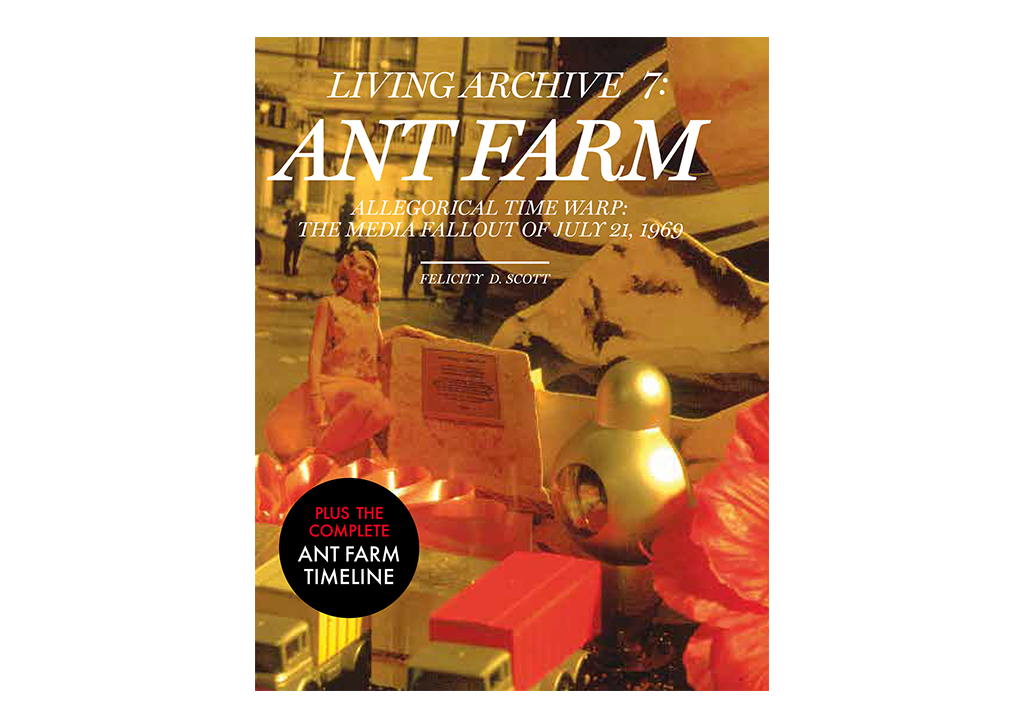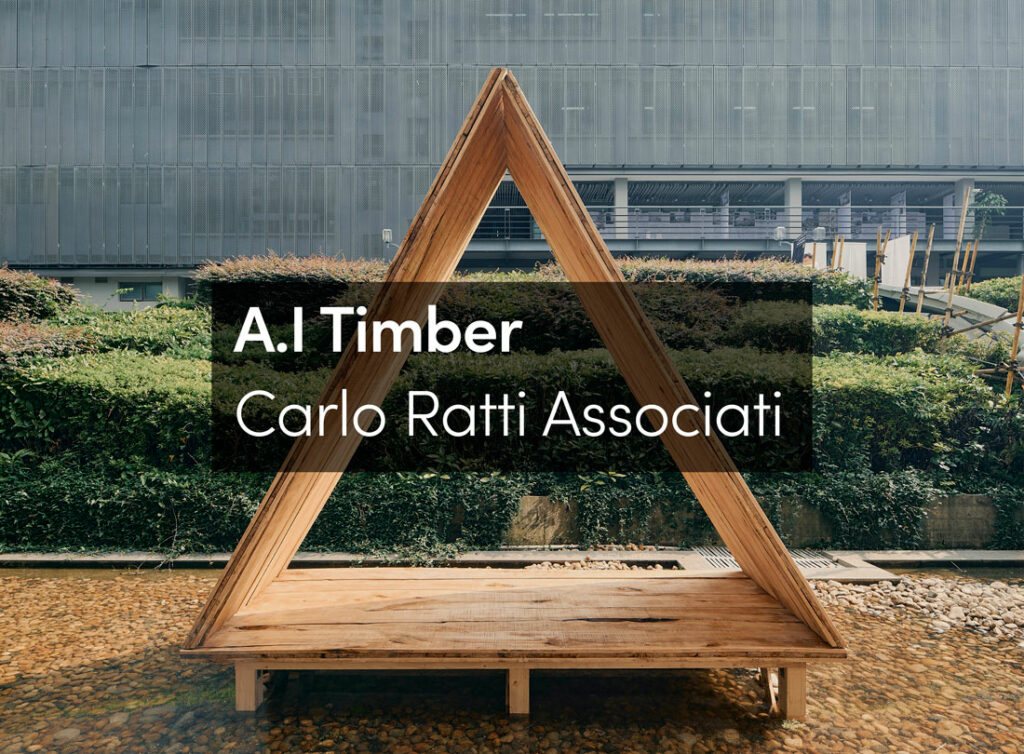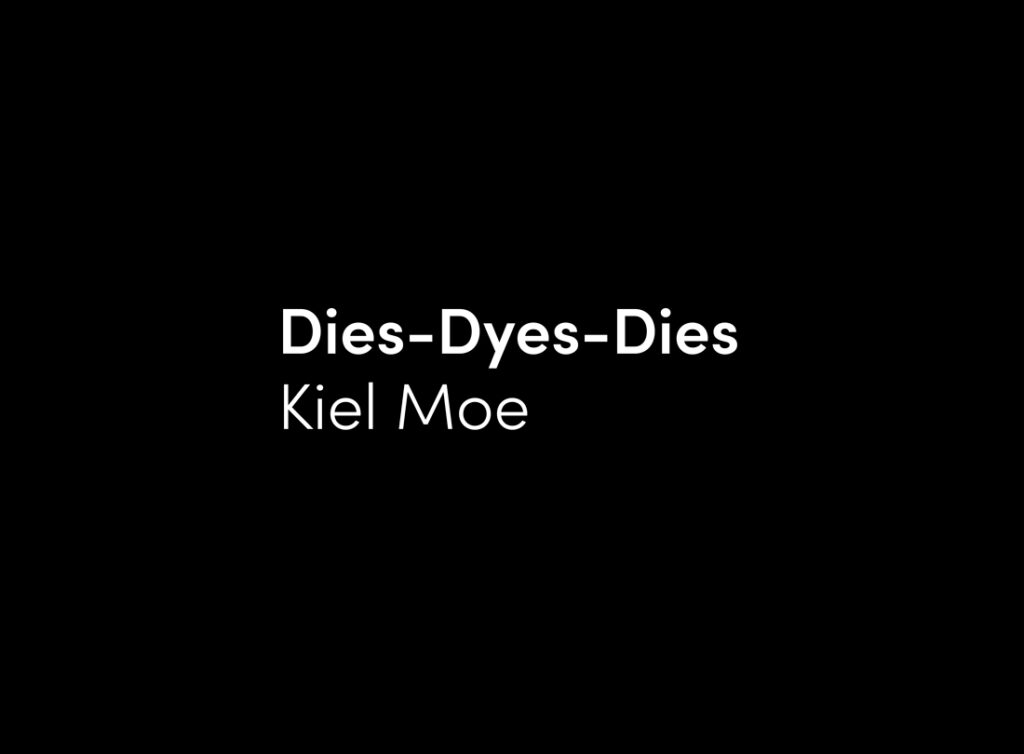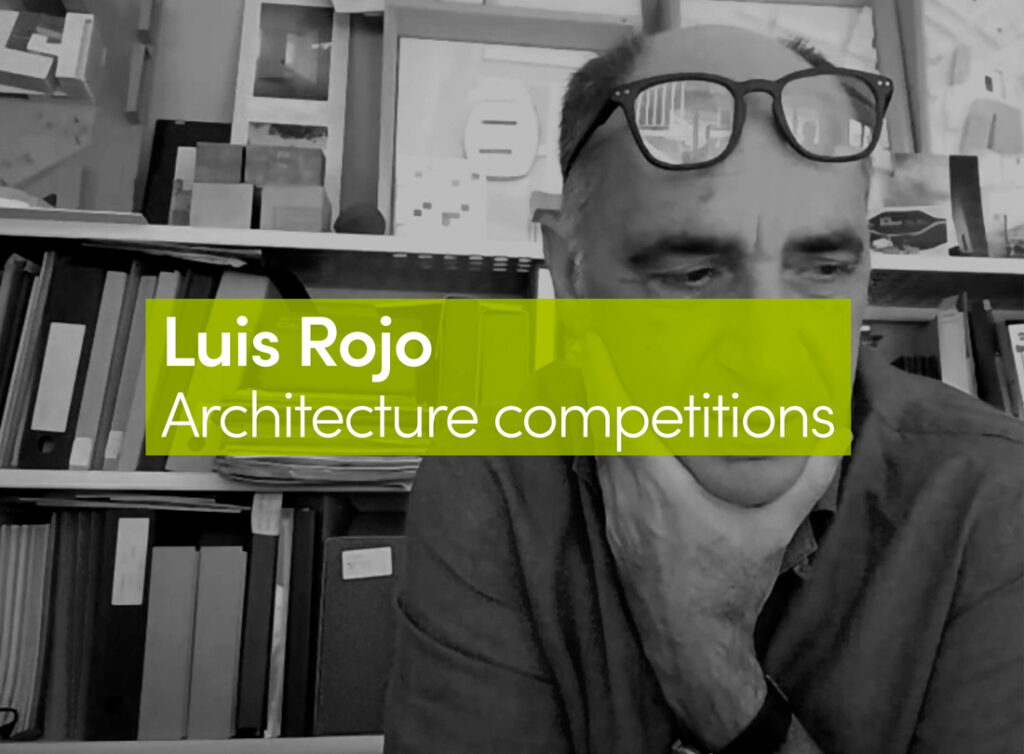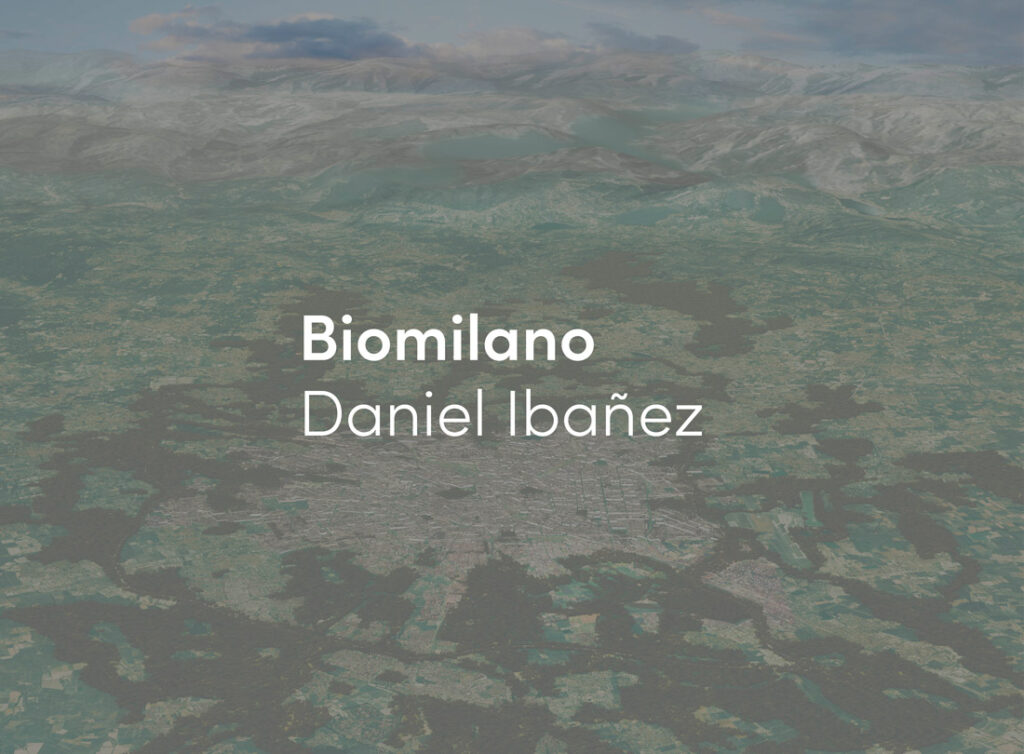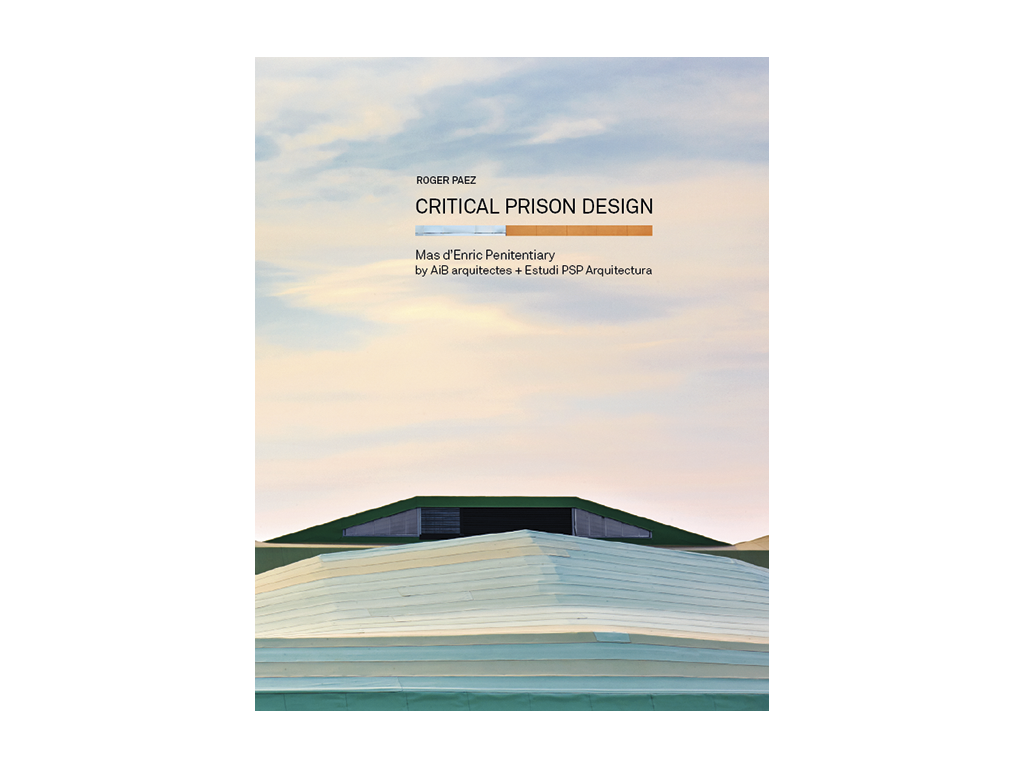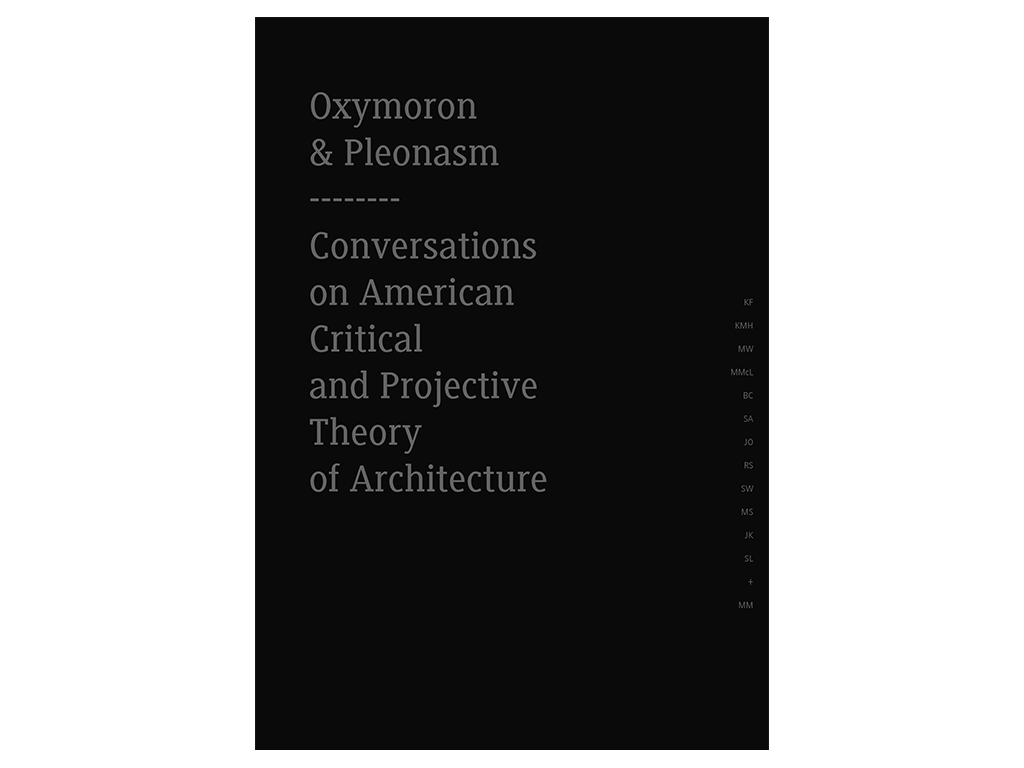The ninth issue of the journal New Geographies, titled Posthuman, surveys the urban environments shaping the more-than-human geographies of the early 21st century. Seeing design as a geographical agent deeply involved in the territorial engravings of contemporary urbanization, New Geographies 09 embraces the “planetary” as the ultimate spatiotemporal stage of the posthuman condition.
The journal’s final interlude features a conversation with philosopher Cary Wolfe, in which various theoretical dimensions of posthumanism are taken up in connection with the social, political, and ecological challenges facing us today.
New Geographies: In What Is Posthumanism? (2009), you claim that the “human” occupies a new place in the world, among a larger constellation of other life-forms and “nonhuman subjects,” each with their own “temporalities, perceptual modalities, and their own forms of environment.” On this last point, specifically, how would you articulate an understanding of the environment from a posthumanist perspective? And how would this notion challenge the (humanist) logic of the production of environmental space as a differential field in which humans appropriate, design, and administer—often through institutionalized techniques of exclusion and subjugation—the space of the nonhuman?
Cary Wolfe: For me, a posthumanist understanding of the place of the human in the world is both new and old—in this sense, “post-” does not simply mark a chronological succession in which, for example, posthumanism comes after humanism. This is not simply a matter of the old schema of temporality as a site of overlapping “dominant,” “residual,” and “emergent” tendencies, but something far more radical and paradoxical: a “strange loop” (as I called it in my second book, Critical Environments, 1998) in which the past, the present, and the future are caught in a ceaseless reconjugation and redefinition of each other. To put it in slightly more familiar terms, the sense here is genealogical rather than historical (touching on Michel Foucault’s classic essay “Nietzsche, Genealogy, History” [1971] which also makes it clear why a dialectical schema is not adequate to the context either). In any case, a posthumanist understanding of the place of the human is “new” in that it draws upon contemporary philosophical and theoretical resources that challenge humanist anthropocentrism and show how the radically de-centered human is enmeshed in relation to its environment and the other life-forms that populate it: a fact that is dramatized at the current historical moment of the Anthropocene, characterized by global warming, species loss, and so on. But it is “old” in the sense that those very same resources allow us to see that the human has never been “master in its own house,” so to speak, that it has always been the product of a multitude of relations and forces that are not properly its own—and not even living, or organic. Thus posthumanism actually sees the human as coming before the domestication of that heterogeneous set of forces and relations in the historical development that we now call “humanism.” (I’ll simply note here that I am using shorthand, because humanism is obviously a huge, rich, and diverse area on its own.) This means that the posthumanist perspective on the human is always already radically nonhuman (or better still: ahuman) down to its very core (as so much recent work on the microbiome has shown in quite literal terms), and it also means that the term “environment” cannot be understood as an autonomous entity antecedent to any particular set of relations, but as something that is always part of a dynamic, enfolded system-environment relationship. To the microflora in your gut biome—without which “you” could not function as a “human”—“you” are the environment. So the outside is the inside—but it’s always a particular, nongeneric environment that is enfolded in highly specific ways; a necessity, from a systems theory point of view, since any system has to cope with an environment that is, by definition, exponentially more complex than the system itself. We do indeed have to administer the environment in the old-fashioned sense; this just helps explain why the blind spots created by the tautological self-reference of our own organism-environment relationship create so many “unintended byproducts” (to use Kenneth Burke’s wonderful phrase), even when we’re trying to be sensitive and responsible about what we’re doing. This is not a problem that one can simply make go away—either by appeals to immanence or transcendence. Indeed, ethical and political responsibility begin with the fact that there is no given ground or foundation from which to work, from which the inescapable blindness and partiality of our own situatedness might be surmounted.
NG: The perception of the human as developed in the Western humanist tradition—perhaps most clearly symbolized by Leonardo da Vinci’s Vitruvian man (c. 1490)—leaves the meaning of its opposite, “otherness,” unquestioned in all its manifold expressions: marginalized races and ethnicities, genders and sexualities other than straight white male, animals, ecosystems, and so on. Various critics of the humanist tradition have historically fought against representations of others that portray them as less-than-human, or render them as disposable beings whose lives hold less value. Given this trajectory, how do we instead use a spatial-analytical lens to extend posthumanist criticism to include new frameworks for understanding the geographies and territories of others, whether human or nonhuman? Is it fair to start from peripheral and marginal spaces far from the centers of power and political imagination—in lands that are marked as exploitable resources, places to be forfeited, contaminated, and forgotten; or, at the other extreme, from sites meant to be left “untouched,” protected, and preserved like national parks and conservation landscapes? How can we apply posthumanism to these other spaces as part of a larger critique of the Western humanist tradition? Or should these spaces rather be considered as a form of otherness itself, that is, the other side of the spatial project of progress and technological development?
CW: To be sure, otherness has to be rethought outside of and in resistance to the discursive technologies and cartographies that have traditionally marked the other (whether human or nonhuman) as “killable but not murderable”—typically through racialization, and animalization, but not just that. But as you will have already guessed from my previous response, I do not think that an antidote to this machinery of violence involves a kind of benevolent recovery mission in which we see otherness more clearly and value it for what it is, even though I’m sympathetic with the impulse to do so. Rather, the antidote involves a more profound, thoroughgoing deconstruction of the very human who does the valuing, and who conducts the recovery mission. After all (as I suggested in some of my earlier work), this became a problem in so-called animal rights philosophy, despite its admirable anti-anthropocentrism: it wanted to value the moral standing of the nonhuman other more explicitly, but left intact the humanist philosophical schema of subjectivity regarding the evaluator. Truly posthumanist work requires the development of a theoretical and philosophical approach to these problems that is “heterogeneous” (as Jacques Derrida puts it) to the logic of self and other. How is this related to the point in my prior response about self-reference and autopoiesis? It is precisely the inescapable self-reference of any autopoietic system that creates the “blind spot” (Niklas Luhmann’s term) which calls for other points of view on the world, whether human or nonhuman. But of course, the same condition obtains for the other—regarding its own inescapable blind spot. If everything I’ve said so far makes sense—that there is no given environment (what we used to call “nature”) that is antecedent to any specific set of relations—then there is hardly a generic answer to your question about where to begin.
Thinking this heterogeneous logic is only half the problem; the philosophical and theoretical half, and in many ways the easy half, but also the absolutely essential half—a precondition to any concept of the political whatsoever. But the other half of the problem is biopolitical: that is, the uneven distribution of the material effects of this blindness on particular populations of living beings, human and nonhuman.
As your question suggests, in the industrialized West “normal everyday life” is absolutely predicated upon mass, routinized violence toward the nonhuman world, and in ways such that some beings, human and nonhuman, are more caught up as victims than others, just as some human populations are more culpable than others for producing this violence: not only through directed killing of the sort we see in industrialized food production, for example, but also through the “terrorism of letting die” that Derrida describes in Philosophy in a Time of Terror (2003). This indifference is not so easy to distinguish from the fundamentalist terrorism that we in the West feel to be so morally beneath us. But who is this “we,” after all? Both biopolitically and anthropologically, I am very reluctant to generalize about human beings. But in this context, one psychic function of “untouched” nature that sustains the fantasy of the national park (as Margret Grebowicz suggests in her neat little book, The National Park to Come, 2015) is to produce the idea that “we” are all equal, one people in the eyes of a nature that predates our social institutions. I need not belabor the point that such an idea is counterfactual; national parks are heavily managed and technologized landscapes. This does not mean there are no Pleistocene-era creatures living there that could kill you, nor does it mean there aren’t a hundred ways to die in what remain, for all that, wilderness areas. To put it another way—and I touched on this in my piece for the previous issue of New Geographies—the reality of these landscapes is much more complex than the work of fantasy that they enable in the psychic realm.
NG: In rethinking the humanist nature-culture dichotomy, you discuss the entanglements between “green ecologies” of the living, the organic, and the biomass; and “gray ecologies” of the machinic, the technological, and the electronic. Much of What Is Post-humanism? examines the problem of the nonhuman as a complex constellation of different life-forms (the animal, the environment and its ecosystems, etc.), that is to say, as part of the diverse lineage of so-called green ecologies. But what about the nonhuman as a “technological other”—as part of the artificial lineage of gray ecologies: abstract and material systems such as capital, financial markets, or technological networks created by humans, which in their current degree of development surpass or extend well beyond human agency and control? How do these technological others further complicate human-nonhuman relations, from a posthumanist perspective?
CW: You are right that my earlier work on posthumanism focused on green ecologies and, even more specifically, the animal question. But from the very beginning—and for the very reasons that animate your question—I have always insisted that “animal studies” and the question of the nonhuman other are but a subset of the much larger problematic of posthumanism (which is one reason that the Posthumanities series that I started in 2007 at the University of Minnesota Press is not an “animal studies” series!). The “gray” ecologies that you mention are, historically speaking, contemporary instances, but in fact what we call the “human” has always been, in its very origins and evolution, a technologized and prosthetic being, whether we are talking about tool use, language, archives and storage technologies of various kinds, and so on, as thinkers from André Leroi-Gourhan to Derrida, Bernard Stiegler, Gregory Bateson and many others have argued. This is directly related to my point about the human not being “master in its own house.” As all of these thinkers have shown—but we could name many more, of course—the human only becomes human by being radically subjected to something it is not, something external that was on the scene before the discrete individual arrived, and that will be on the scene after that individual is gone. Freud had his own version of this concept in Civilization and Its Discontents (1930), but Derrida’s rendering is, I think, especially powerful and wide-ranging. He notes that the machinalité of semiotic systems of all kinds has a “spectralizing” effect on those who use them, because the systems’ functionality is not dependent upon the existence of any particular empirical being. Thus, the logic of the trace by which such systems operate (logics that are heterogeneous to concepts of “self” and “other,” as I argued above) traverses and unsettles not only the life-death relation but more radically still, the machinic-organic relation. (As Bateson says, Socrates is still alive, more alive than ever, even though the concrete bioenergetic individual named “Socrates” is long dead.) As Derrida points out, the philosophical
tradition has typically attempted to stabilize and domesticate this untidy state of affairs by insisting on the purity of the opposition between genuine “response” (associated with humans) and merely mechanical or automatic “reaction” (associated with animals). But of course, the purity of that opposition cannot be maintained, as he demonstrates, and that’s one of the reasons (but only one) that I have never found the concept of “agency” very useful in addressing these questions—or the contemporary developments and challenges that your question rightly foregrounds.
NG: An important chapter of your book concentrates on disciplinarity and the underlying assumptions of the humanist disciplines, which have, especially in the second half of the 20th century, expanded their fields of inquiry to incorporate pressing problems and so-called marginalized groups to their institutional apparatus, albeit without “destabilizing the schema of the human that undertakes such pluralization.” We would like to foreground the design disciplines here—architecture, landscape, urbanism, environmental design—which have become increasingly conscious of their role in the process of spatial structuring and the domination of the planet as a terraformed totality. These processes of organization can produce ecological damage and environmental destruction as the “other” side of progress, endless growth, and technological evolution, quite often wrapped in the allure of aesthetics and innovation. In what way do you think design embodies a humanist form of disciplinarity, and what could be considered problematic about this according to a posthumanist ethics?
CW: I’m probably not as equipped to answer that question as you are! I got into this a little bit in the chapters on art and architecture, where the key terms of engagement were representationalism and composition. I was—and still am—interested in the extent to which representationalism is inevitably a kind of speciesism. I am playing devil’s advocate here, but my point is simple: representationalism—what counts as a representation—is always indexed to the particular sensorium, with its various capacities, scales of perception, and so on, of a perceiving being. (Leaving aside, for the moment, the second-order cultural conventions around representation that are in force here as well). A recognizable image is put before a viewer that in some way or another lines up with that viewer’s world. Now one might draw a straight line here from the Renaissance theory of perspective to Freud on the eye and the upright stance of the human in Civilization and Its Discontents, to Sartre on the Gaze, to Foucault’s reading of Jeremy Bentham’s Panopticon, to Laura Mulvey and feminist film theory of the 1970s and 1980s—but my point is a little different. It’s simply to remind us that there are other ways of being in the world where the relationship between the sensorium, the world, and the image (if that’s the word we want here) is quite different. This includes other human beings, by the way, as my discussion of disability, visuality, and the case of Temple Grandin tried to make clear. So how does taking these other ways of being in the world seriously—that dogs and many other animals experience the world primarily through what they smell, that bats and dolphins use echolocation and seem to communicate in quasi-digital ways, just to take two dramatic examples—affect the strategies and media deployed in the work of art or design? I know artists who would insist that you could never make a work addressing these kinds of issues in the medium of painting, for example, in part because the relationship between medium, representation, and sensorium (i.e., the dominant visual sense associated with the human) is so overdetermined. Many of the same questions are in play in the fundamentally compositional approaches of design and architecture. I was attracted to Rem Koolhaas and Bruce Mau’s Tree City (2000) project for Downsview Park in Toronto because of what they referred to as (a very funny phrase) their “refusal of the realm officially known as architecture.” For them, it was a refusal of over-programming (some would say “any”); a refusal to build buildings and thereby compositionally fix the space. They preferred what systems theory would call a “loose coupling” of the space and the activities of those using it, allowing them to evolve together over time. So in an interesting way, time rather than space became the primary architectural medium. By contrast, the compositional impulse attempts to freeze or at least severely constrain temporality and the work of time on space. In deconstructionist terms, Koolhaas and Mau were up to something like a temporalization of space, a “becoming-time of space.” The design question for Tree City was not “Does it work?” in the sense of successful programming, but rather, as I put it to Mau’s great amusement: “Can you wait?”
NG: Posthumanism, as you conceptualize it, undermines social and interspecies hierarchical structures and advocates for cohabitation in a “shared environment” produced by the recursive actions of beings coexisting within a “consensual domain” (to quote Luhmann). Parallel to this, the notion of continuity and integration has been developed from a historical perspective since Word War II, which witnessed the formation of a persistent ideology of unity and planetary governance manifested in the establishment of world organizations, global trade agreements, and transnational infrastructural networks. However, at our current historical conjuncture, we face a situation in which the world is increasingly socially, politically, and ideologically polarized, segmented by strong borders, walls, and barriers. The Brexit vote in the UK and the rise of white nationalism in Europe, Donald Trump’s administration in the US, the return of ultraconservative governments in Latin America, and endless military conflict in the Middle East are all examples of these global trends. Is it fair to say these territorial and ideological fragmentations signify the deep crisis that the Western humanist project is currently undergoing? If this is the case, how can a posthumanist approach elucidate—or provide an alternative for—the complexities of an increasingly divided world?
CW: I’d be reluctant to draw very direct lines between the phenomena you describe and the legacy of Western humanism. Is Donald Trump a humanist? No. I would say he is “not even” or “not yet” a humanist. And there are many strains of humanism—for example, secular humanism—that would be opposed to polarization, discrimination, and violence. Be that as it may, one way to begin to answer your question is to reiterate that, for me, the political is about constitutive social antagonism, which is rooted in the inescapable self-reference or partiality of our situatedness. This is not exactly the same as the usual ideas of pluralism or tolerance, because what necessitates the place of the other is structural, rather than psychological—that is, it is not simply a matter of “having a good attitude” or taking thought, but rather of an alterity built into the very core of any identity; its constitutive blindnesses. From this vantage, ideas such as consensus and community, while understandable, are of little use. The problem is not constitutive social antagonism itself. The problem is that it is overlaid—I’ll limit myself to the US context here—by a political system that disproportionately represents conservative and corporate interests, and that incentivizes demagoguery and ideological polarization rather than pragmatism, problem solving, and compromise. I’ll come back to this in a moment. But to make your question a bit more manageable, I’ll frame it in biopolitical terms, the chief coordinates of which, for your question, would be these: What is the relationship between the refined mechanisms of “governmentality” (to use Foucault’s language) and the continued exclusion of various populations from what Roberto Esposito, Derrida, and others call—after Donna Haraway and Luhmann—“immunitary” protection, as members of a world community? This question is not related in any simple way to what we know as “the political,” nor is it entirely new, as Hannah Arendt’s post-World War II rumination on “the right to have rights” makes clear. In fact, I think Foucault is right that we find a qualitative shift in the very logic of the political as we move from sovereignty to disciplinarity to governmentality. (Not that any prior mode ever goes away completely, as the exercise of executive power in the “state of exception” evoked by both the Bush and Obama administrations indicates.) Foucault recognizes (as does Luhmann, and both Deleuze and Negri in their reflections on the “control society”) that the political is situated in a context of increasing social complexity in which no single system, including the political, can steer or dictate in any direct way the operations of the other social instances (most strikingly, of course, the economic—witness QE2 and QE3 in the US). Hence Foucault’s interest in neoliberalism in his lectures at the Collège de France in 1978–1979, translated into English as The Birth of Biopolitics (2004). Under such conditions, a posthumanist understanding of the political would insist that you have to have a requisite theory of social complexity before you can presume to know what “the political” is or what its modes of effectivity might be. I think this is where Foucault’s interest in neoliberalism comes from. In my view, the semantics that dominate political philosophy, and the thinking of some of our most prominent political philosophers, are woefully inadequate to this task.
My own feeling is that what we see now is an intensification of something that has always obtained for the political system in its modern form: that it exists to reproduce itself, and will take on what burdens it must to accomplish that task, in the name of what Habermas famously called “legitimation.” To me, the primary problems with the political system in the West are two: first, at least in the US, the political system is corrupt—essentially corrupt, and as far as I can see, irreparably corrupt. This was the case long before the Citizens United v. Federal Election Commission (2010) ruling in the Supreme Court, which allowed for unlimited corporate spending on electioneering communications in the name of “free speech.” The only people who can remedy this corruption are the very people who profit from it. This doesn’t mean that all elected officials are cynical shills—many are high-minded, I am sure. It simply means that the system works the way it works. This is not a philosophical problem, as if more or better philosophy would fix it. In fact, I would be happy to see a series of mundane, “non-ideological” (so to speak) reforms enacted—focused on eliminating gerrymandering of congressional districts (currently under review by the Supreme Court), greater voter representation of the actual heterogeneity of the adult population, eradicating corporate money from the political system, and so on. The results would be quite dramatic.
The second primary problem with the political system in the West—and this is not just a problem for the US, as was dramatized by Brexit, as you point out—is that roughly half the voting electorate thinks the other half is crazy. Again, this has always been the case, but it has greatly intensified since the 1980s because of changes in the so-called public sphere linked, not least, to the changing role of corporate-owned mass media, at least in the US. So any serious political discussion has to begin with this question: what is the relationship of the political system to that fact? In this light the self-referentiality and, in a sense, the diminution of the political vis-à-vis the greater context of social complexity can be seen as a good thing or a bad thing. When George W. Bush was in power, it seemed good to me, because the autopoiesis of the political system short-circuited any attempt by “W” to unilaterally impose his will via the political system. But of course, when Obama was in power, the very same autopoiesis was immensely frustrating. I’ll conclude here—because I’ve already gone on long enough, and because I think we can find here a posthumanist way of thinking anew, for better and for worse, the question of pluralism in an increasingly divided world. Perhaps the role of the “political” as “representative” of this heterogeneity and plurality takes on, under this understanding, a diminished form, both conceptually and pragmatically. And perhaps that is not such a bad thing.
